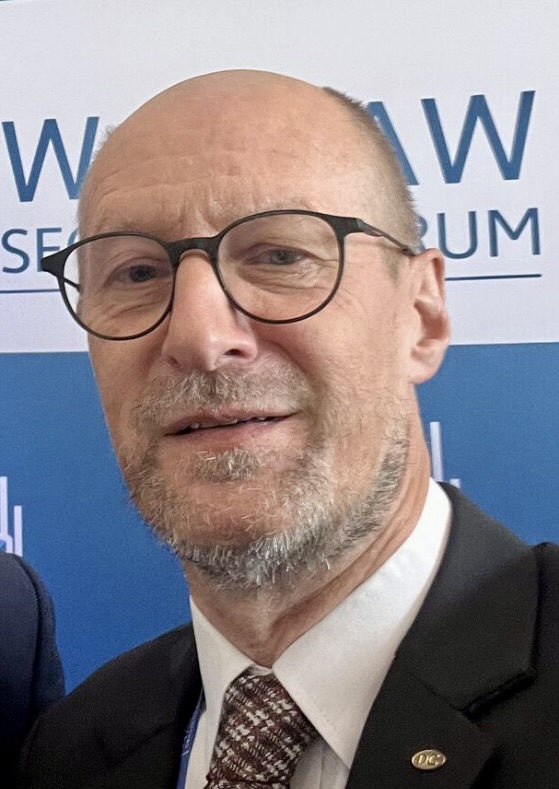A report from the scene by Jochen Richter, Chairman Diplomatic Council Global Security Forum
This year's edition, the 11th, was of course centred around defence but also the global outlook. Besides this there were parallel tracks about energy and resilience.
As with any conference there were the official panels and speeches but the more important talks during breaks etc. And here one got the differences in views.
What could be some sort of conclusions?
There were visibly differences about the future of Ukraine, be it the war situation, how far ormuch to support the country, or its EU path, almost in line with the physical distance from the border to Ukraine. This was somewhat amplified by the number of participants per country.
These discussions were during the event overshadowed by the latest developments in the Middle East, exposing the stretch for the United States and the inability of the international community including the UN to mediate.
One session had the provocative title whether we were seeing the end of Pax Americana. While every speaker underlined that it were impossible to predict the US election result, nobody could see this. I would add, we hope so. However, there were events before that we couldn’t believe to happen, but they did.
Therefore it was telling that a speaker from France underlined the lack of trust among EU defence businesses. And indeed, in private talks it became clear that we are far from an effective burden sharing tko boost deterrence. That is also due to the probably too stringent rules and too much national preferences. And of course, Europe's weaker because too risk-averse financial market adds to the challenges. Some speakers were positive others wondering whether the EU Commissioner for defence can trigger a change. Could standardisation and therefore reduction of present redundancies be his best mission call? Furthermore, Estonia now introducing a war tax was an issue that probably in other European countries would lead to demonstrations. Or are we lacking political leaders who dare to address such questions?
The complexity of the many interlinked conflicts including the situation in Africa came down to the often addressed question: can Europe handle multi-crisis? And is Europe able to balance such needs against the challenges in other areas, such as a 21st century internal market or an agricultural policy ready to cope with climate change and other environmental demands, just to name two.
That there is a need for more resilience within society was addressed equally. But of course those present were the convinced. But little ideas were presented how to engage with society at large, especially the young generation. Could the Swedish model of total defence be a model?
All those and more issues the Diplomatic Council book about Europe’s security shall address where more some 15 voices will be heard. The Global Security Forum is working hard to conclude this part of its work as soon as possible.

